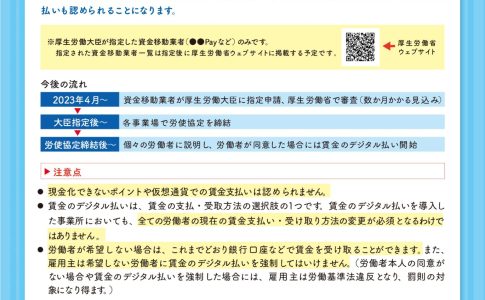Japan’s Corporate Challenge: Embracing Risk for Global Success
Japanese companies and their leaders’ risk-averse nature have led to missed growth opportunities in the global market. To overcome this, a fundamental enhancement and development of management personnel are crucial. Entrepreneurship involves understanding one’s capabilities and taking on market and technological risks while developing unique strategies for creating new value and returns. However, a study by Yasuhiro Arikawa, an associate professor at Waseda University, in 2017 showed that Japanese companies ranked 26th out of 27 major countries in risk-taking and last in return on assets (ROA). This highlights the issue of low returns due to a lack of risk-taking. Japanese firms face various challenges due to this risk aversion. They...










